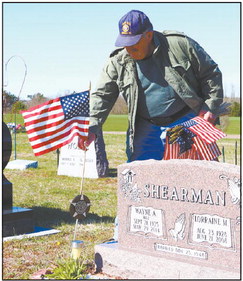Common sense needed to reopen Cornell businesses


Certain businesses in Wisconsin, have been allowed to reopen as part of the Badger Bounce Back plan instituted by Gov. Tony Evers, but bars, restaurants and hair salons are still ...


Certain businesses in Wisconsin, have been allowed to reopen as part of the Badger Bounce Back plan instituted by Gov. Tony Evers, but bars, restaurants and hair salons are still ...